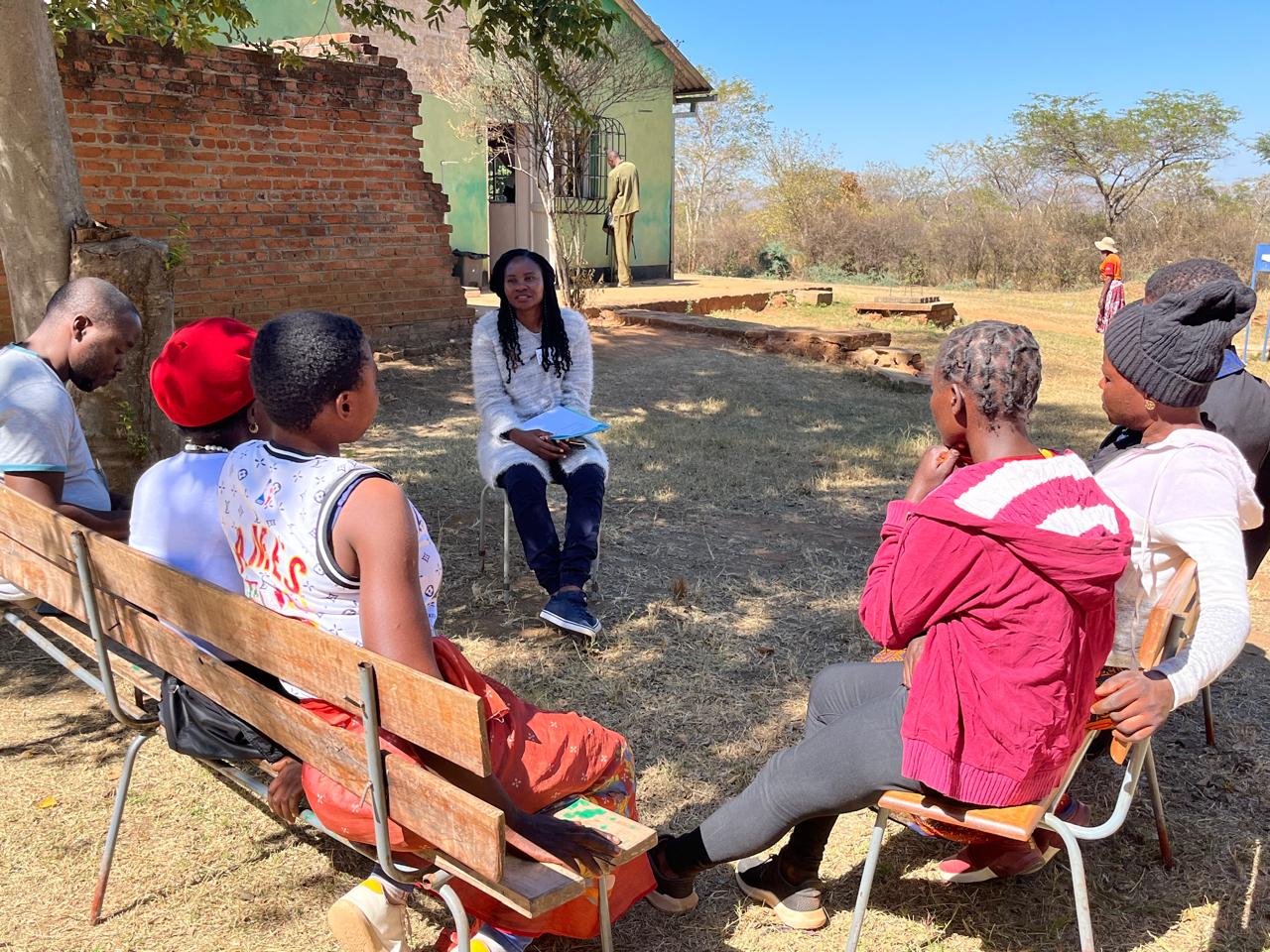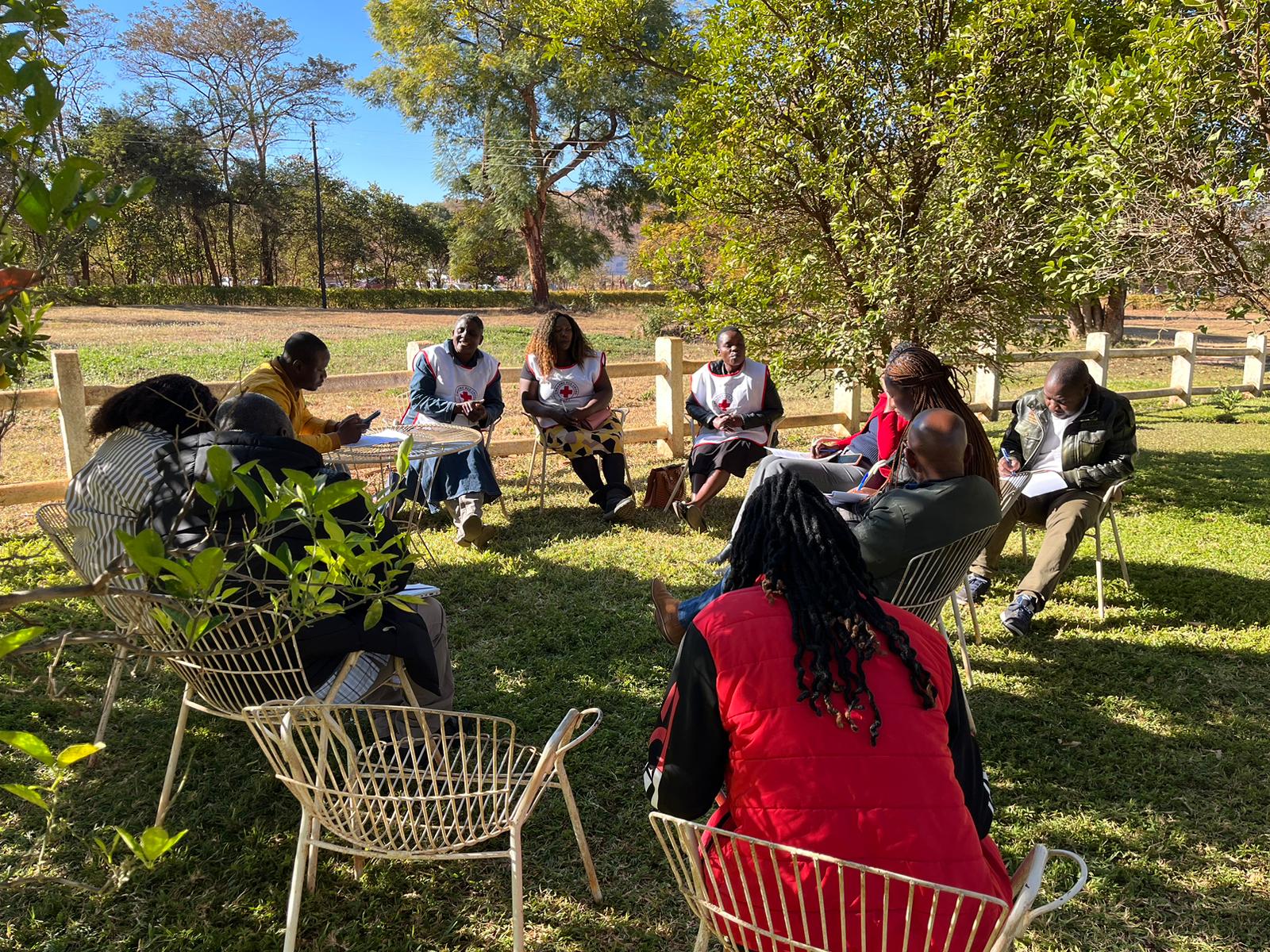This project aims to provide people-centred – rapid – qualitative findings to inform outbreak response strategies and hold response actors accountable to affected populations during disease outbreaks.
The project is led by members of the Collective Service (the International Federation of Red Cross and Red Crescent Societies (IFRC), the United Nations Children’s Fund (UNICEF) and the World Health Organization (WHO)), alongside:
- UK-PHRST
- Social Science in Humanitarian Action Platform (SSHAP)
- US Centre for Disease Control (US CDC)
As part of this work, the Collective Service and partners has developed a comprehensive and open source social science training package to develop needed expertise and, at the request of UN partners and government ministries, they have been piloting the training throughout the East and Southern African Region (ESAR).
The UK-PHRST has played a core role in testing and refining the RQA methodology during recent deployments for outbreak responses in Malawi, Zimbabwe and Zambia during the 2023-2024 cholera outbreaks, as well as in South Africa for the Mpox outbreak and in Rwanda for the Marburg and Mpox outbreaks in 2024. The success of the RQA methodology during these outbreaks has triggered a number of partners to request further, more in-depth capacity strengthening support on how to deploy RQAs for future outbreaks and emergencies in their countries. The UK-PHRST has been part of a core facilitation team aiming to meet these partner requests.
Using Rapid Qualitative Assessments in communities
Since January 2023, the Collective Service in ESAR has been using rapid qualitative assessments (RQAs) to understand and react to key community concerns in cholera responses in Malawi, Mozambique, Zimbabwe, Zambia, Comoros, Burundi, South Africa and Rwanda.
Recent trainings offered by the Collective Service have focused on developing national capacity to undertake RQAs. By strengthening collaboration between country teams, the initiative seeks to enhance the effectiveness of current and future outbreak responses.

Image credit: Collective Service
Rapid Qualitative Assessment for Emergency Response training - Zimbabwe
In June 2024, 22 participants travelled to Mazowe, Zimbabwe to attend the five-day intensive training course on Rapid Qualitative Assessments for Emergency Response.
The training participants included:
- University researchers (e.g., University of Zimbabwe, Africa University, National University of Science and Technology)
- Government employees (e.g., Ministry of Health and Child Care)
- Local organisations (Apostolic Women Empowerment Trust, Cordaid, Oxfam, Muthengo Development Solutions, Nutrition Action Zimbabwe, Zimbabwe Red Cross)
The facilitation team included technical experts from the Collective Service alongside UK-PHRST and SSHAP. All participants were interested in learning about how to conduct an RQA and to do so as a key resource partner for an emergency response.
Training highlights
- Practice oriented training
- Participants went through the steps in conducting an RQA – from design and development, to presentation of results and advocacy for uptake of recommendations
- Training covered risk communication and community engagement (RCCE) principles for emergency response, qualitative methods, and RQA
- Small group work
- Participants worked in small teams to identify key gaps in two emergencies facing Zimbabwe today (cholera and drought) and to develop topic guides and data collection tools for these response operations.
- Practice application
- The teams practiced utilising their tools with Red Cross volunteers prior to collecting data in health facilities in Mazowe.
- Analysis and presentation of findings
- The final day of the training was dedicated to the rapid analysis of key findings and presentation skills to package recommended actions for specific emergency response pillars.

Image credit: Collective Service
This training was followed-up by a second intensive training course in July 2024, more specifically focused on rapid data analysis and operationalisation of social science insights.